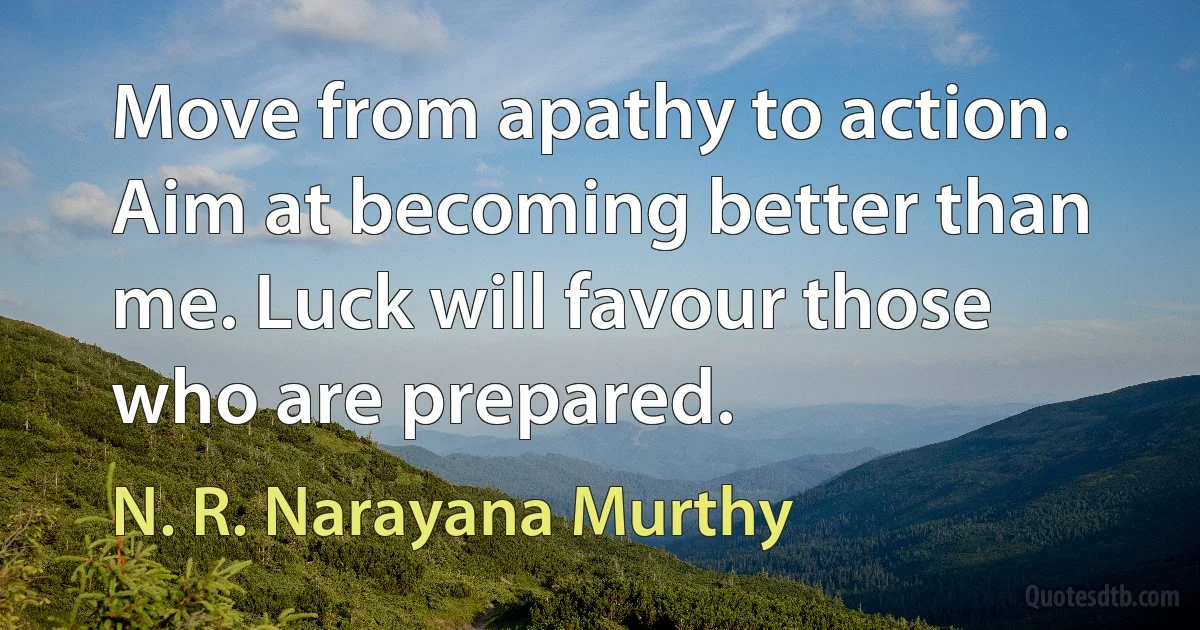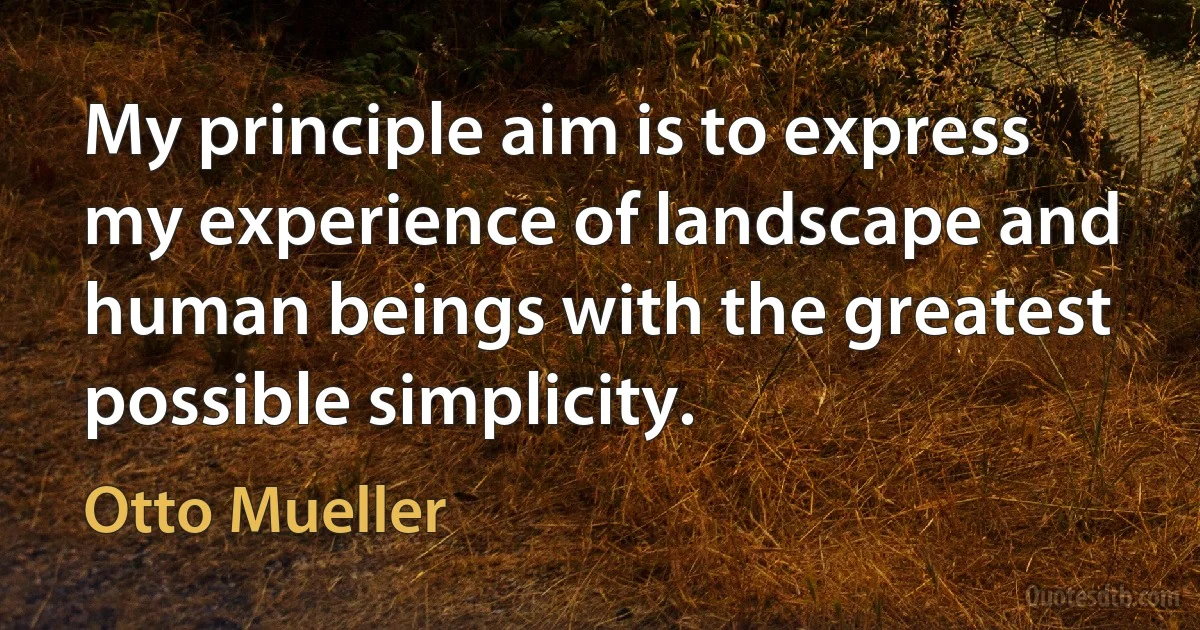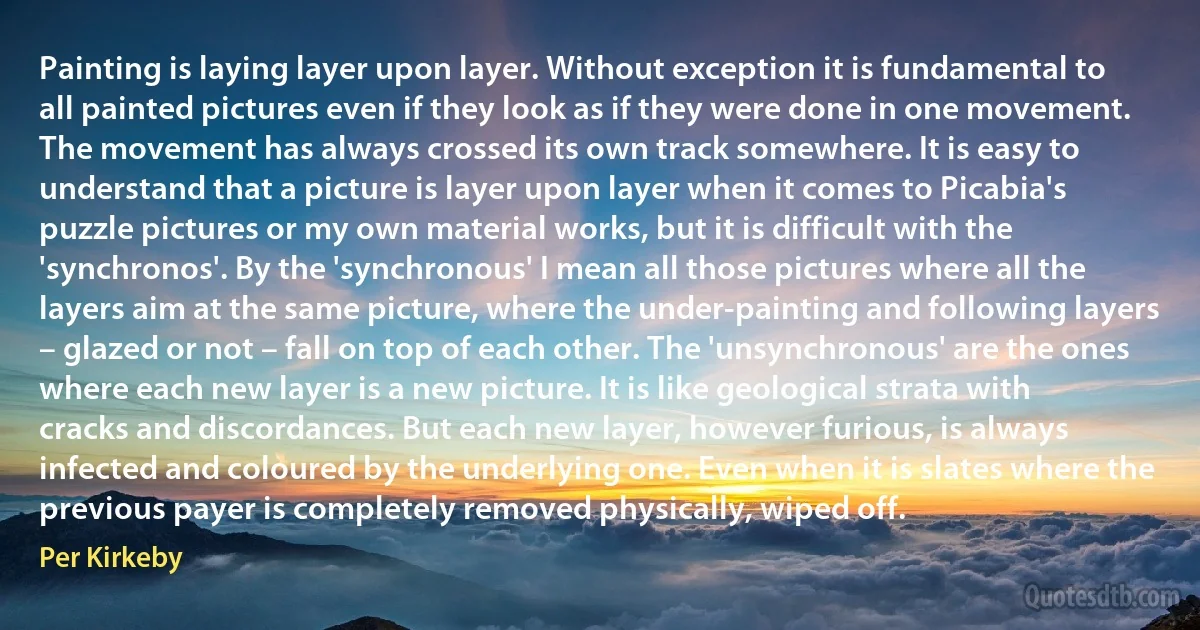Aim Quotes - page 32
I imagine and feel deeply in my heart that Galen has chosen me to undertake this task, and if he were alive, he would have congratulated me on what I am doing. I say this because Galen's aim was to seek and find the truth and bring light out of darkness. I wish indeed he were alive to read what I have published.

Muhammad ibn Zakariya al-Razi
In Brazil as in the United States, we find two voices of a New World promise of happinessː a promise to raise up human life to the exuberance of nature itself while breaking down the hierarchies and privileges that keep people distant from one another. A society of originals whose enhanced powers and self-possession enable them to accept one another more fully is the aim of this American and Brazilian dream. Translated into another, more universal vocabulary, this longing represents one form of the effort to reconcile a pagan ambition of greatness with a Christian idea of tenderness, purging the former of its impulse toward masterfulness and the latter of its knack for resentment. Thus, empowerment and solidarity can come more fully together.

Roberto Mangabeira Unger
I liked the room [his new place in London, c. 1906] the moment I saw it, so here I am set up as a swell... Don't you take this to be a trap set up for the unwary, you know you're always touching a sore spot when you talk painting, and drag my suicides before the public, the right name for potboilers, one has to give up all aim for any good intention, and do the technical skill and cleverness to please those with halfpennies and farthings in their pocket, to be favoured to live... I just got a letter from somebody, saying: but with potboiling one can make money, money always considered to be the principal. I told him he was greatly mistaken, when a little honesty remains, one can scarcely ask anything for them.

Matthijs Maris
What happened was that Nigerians decided that they would like to put a final solution to Igbo problem. They unleashed a massacre. We tried to contain them; they unleashed a second wave more vicious than the previous one. I looked upon the situation, did the best I could for our people who were scattered all over Nigeria. I said okay, this is our boundary. If you can find your way back to within this area, whatever there is within this area would be shared amongst all of us. You have as much right here as anybody who happened to be here. That actually is another way of seeing the declaration of Biafra and they had a goal and aim in their flight. The other thing to bear in mind is that we didn't really wage a war. What we did was resist Gowon's coup d'état and I hope that he would enter the Guinness Book of Records as the person who has waged a coup longer than any body else because the whole three years, he was actually trying to legitimize his coup.

Chukwuemeka Odumegwu Ojukwu
Fortunately, a sculptor's style and aim are, to a great extent, dictated to him by his materials. To make a sculpture seem at all moving or inspiring, an artist must, of course, be gifted with a certain personality that speaks movingly through the subject and materials of his work. But he must select appropriate materials, and use them appropriately, too... My materials often dictate my change of aims, and I choose to work in a different material much as a man may suddenly feel an appetite for a change in diet.

Ossip Zadkine
Whatever the apparent aim of the artist, he is called upon first to move the spectator, after having been himself struck by a design or color composition which may or may not have a relation to natural objects. His predilections, his preferences, crystallize afterwards in the choice of means to interpret those natural objects; these means are always, obligingly, of imaginary essence.

Ossip Zadkine
In the fifteenth century Rāmachandra, in his Prakriyā-kaumudī, or "Moonlight of Method," endeavoured to make Pāṇini's grammar easier by a more practical arrangement of its matter. Bhaṭṭoji's Siddhānta-kaumudī (seventeenth century) has a similar aim; an abridgment of this work, the Laghu-kaumudī, by Varadarāja is commonly used as an introduction to the native system of grammar. Among non-Pāṇinean grammarians may be mentioned Chandra (about 600 A. D.), the pseudo-Çākaṭāyana (later than the Kāçikā), and, the most important, Hemachandra (12th century), author of a Prākrit grammar.

Pāṇini
The most important, the most fundamental and the deepest investigations are those that affect human life and activities most profoundly. Only those scientists who have laboured, not with the aim of producing this or that, but with the sole desire to advance knowledge ultimately prove to be the greatest benefactors of humanity.

C. V. Raman
The aim of general synchronic linguistics is to set up the fundamental principles of any idiosynchronic system, the constituents of any language-state. Many of the items already explained in Part One belong rather to synchrony; for instance, the general properties of the sign are an integral part of synchrony although they were used to prove the necessity of separating the two linguistics.

Ferdinand de Saussure
Wars always were contests of similar competing powers, and the deepest structure of society remained the same, whether one won or the other. Contests of classes are fights for new principles, and the victory of the rising class transfers the society to a higher stage of development. Hence, compared with real war, the moral forces are of a superior kind: voluntary devoted collaboration instead of blind obedience, faith to ideals instead of fidelity to commanders, love for the class companions, for humanity, instead of patriotism. Their essential practice is not armed violence, not killing, but standing steadfast, enduring, persevering, persuading, organizing; their aim is not to smash the skulls but to open the brains. Sure, armed action will also play a role in the fight of the classes; the armed violence of the masters cannot be overcome in Tolstoian fashion like by patient suffering. It must be beaten down by force; but, by force animated by deep moral conviction.

Antonie Pannekoek
Semiotic provides a basis for understanding the main forms of human activity and their interrelationship, since all these activities and relations are reflected in the signs which mediate the activities ... In giving such understanding, semiotic promises to fulfil one of the tasks which traditionally has been called philosophical. Philosophy has often sinned in confusing in its own language the various functions which signs perform. But it is an old tradition that philosophy should aim to give insight into the characteristic forms of human activity and to strive for the most general and the most systematic knowledge possible. This tradition appears in a modern form in the identification of philosophy with the theory of signs and the unification of science, that is, with the more general and systematic aspects of pure and descriptive semiotic.

Charles W. Morris
There comes a stage, however, as the system becomes larger and larger, when the reception of all the information is impossible by reason of its sheer bulk. Either the recording channels cannot carry all the information, or the observer, presented with it all, is overwhelmed. When this occurs, what is he to do? The answer is clear: he must give up any ambition to know the whole system. His aim must be to achieve a partial knowledge that, though partial over the whole, is none the less complete within itself, and is sufficient for his ultimate practical purpose.

W. Ross Ashby
Returning home on leave following my second year at West Point, I called on a great-uncle who had joined the Confederate Army at the age of sixteen and had fought in a number of major Civil War battles, including Gettysburg, and had been with Robert E. Lee at Appamatox. My Uncle White was the younger brother of my grandfather. He hated Yankees and Republicans, not necessarily in that order, and talked derisively about both. When I visited, he was seated in a wheel chair, in grudging acquiescence to the infirmities of age. Tobacco juice decorated his shirt and stains around a spittoon on the floor testified to the inaccuracy of his aim. Flies buzzed through screenless windows. "What are you doing with yourself, son?" Uncle White asked. I answered the old veteran with trepidation. "I'm going to that same school that Grant and Sherman went to, the Military Academy at West Point, New York."

William Westmoreland



